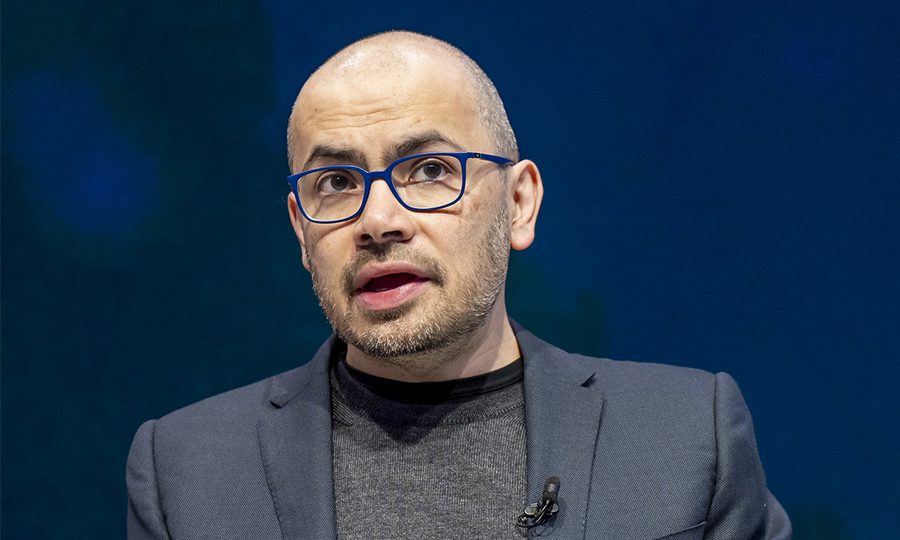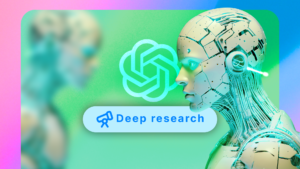DeepMind Leader: AI Has Potential to Accelerate Research Tasks by 100 Times

The Impact of AI on Research: Insights from Demis Hassabis
Introduction to AI and Research Acceleration
Recent discussions within the field of artificial intelligence (AI) have highlighted its potential to revolutionize research practices. Notably, Demis Hassabis, a Nobel laureate and co-founder of DeepMind, has emphasized that AI could facilitate research at a speed that is exponentially quicker than traditional methods. At a recent World Economic Forum (WEF) meeting in Davos, Switzerland, he noted that AI could make research tasks up to 100 times faster, opening up new possibilities in various scientific fields.
AI Revolutionizing Protein Research
Hassabis’s work on AlphaFold, an AI system capable of predicting the structure of nearly all identified proteins, earned him recognition, culminating in sharing the 2024 Nobel Prize in Chemistry. He explained that the adoption of AlphaFold by researchers has been surprisingly rapid, with many leveraging its capabilities to tackle complex biological challenges. As a result, his team is now looking into how AI can help in designing chemicals that interact with proteins, expanding the scope of research beyond mere protein folding.
Additionally, Hassabis mentioned his other venture, Isomorphic, which aims to start clinical trials for AI-designed drugs by the end of the year. This showcases an exciting shift toward integrating AI into drug discovery and development.
Hypothesis Generation with AI
While AI has not yet reached the capability to generate entirely new research hypotheses independently, Hassabis expressed optimism about future advancements. He suggested that future AI systems could map existing knowledge and identify unexplored areas within research domains. This capability could lead to breakthroughs that have previously been unattainable, reshaping how scientists approach their work.
Hassabis acknowledged that while there is a tendency to overhype AI’s immediate effects, its longer-term potential might still be underappreciated. He believes that, within five to ten years, the true transformative nature of AI will become clearer to researchers and scientists.
Collaboration with Scientists
During the WEF session, molecular biologist Ardem Patapoutian, who received the 2021 Nobel Prize in Physiology or Medicine, commented on the role of AI in research. He assured that AI would not replace scientists but would enhance their capabilities. Patapoutian expressed excitement about how AI could inspire new projects and innovative thinking among researchers.
Promising Developments in Biotechnology
In a separate session focused on biotechnologies, experts echoed the belief that AI holds significant promise for the future of research and development. Sarah Reisinger, the chief research officer at DSM-Firmenich, mentioned that AI is revolutionizing various aspects of Research and Development (R&D), from ingredient discovery to production scaling. She described the intersection of AI and biology as “extremely exciting,” indicating that tools like AlphaFold will enable the design of bioproducts more efficiently.
Minister of Science and Technological Development in Serbia, Jelena Begovic, also highlighted the remarkable progress in integrating AI into research. She anticipated that the infusion of AI would lead to the creation of entirely new fields of study and innovative research perspectives within the next five to ten years.
Summary
The insights shared by Demis Hassabis and fellow experts highlight the potential of AI to significantly enhance research speed, inspire new hypotheses, and open up new fields in science and biotechnology. As AI continues to advance, it is likely to play a critical role in shaping the future of research across various domains.





